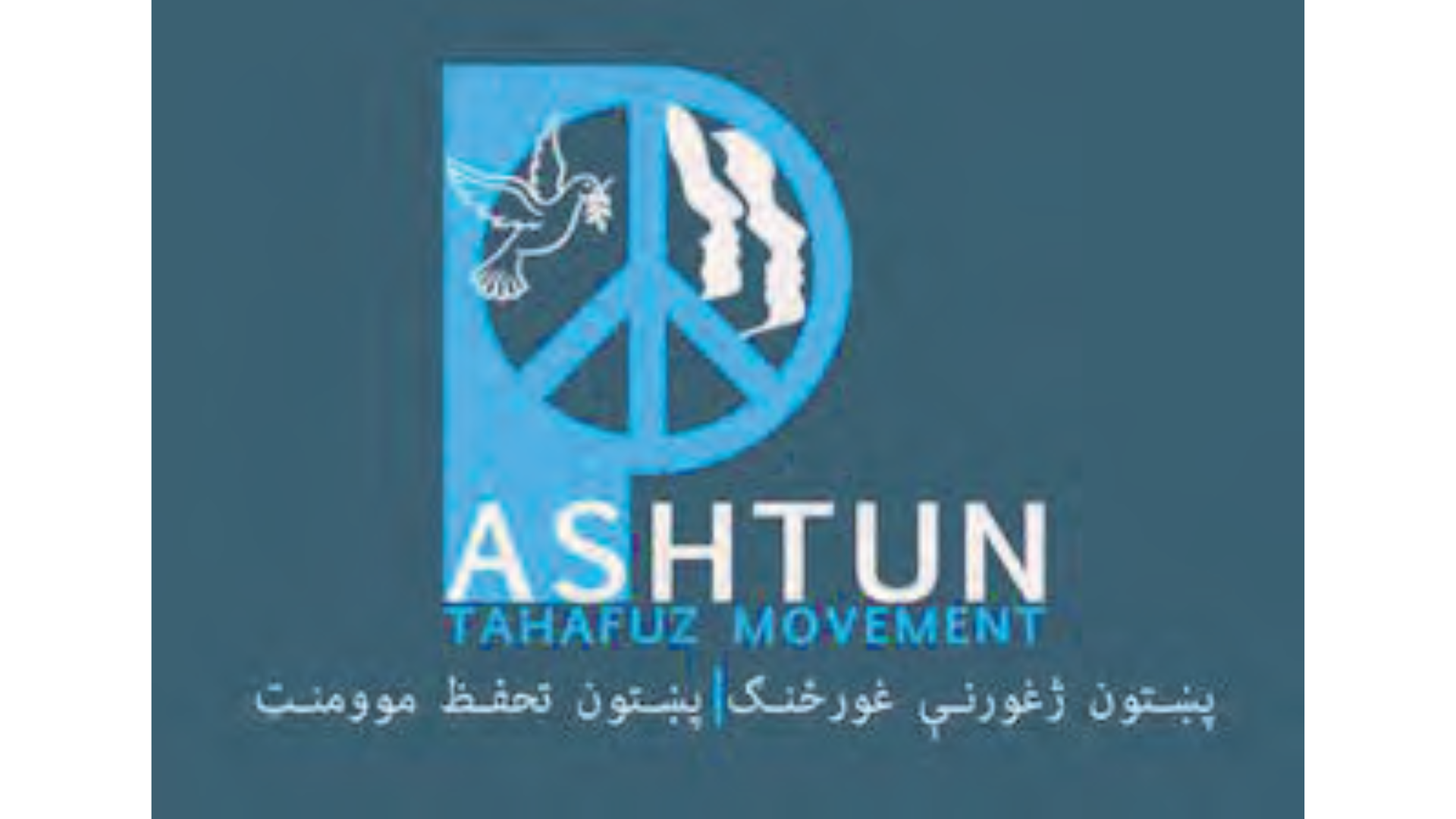The Pashtun Protection Movement (PTM) emerged as a response to decades of state-sponsored persecution, torture, and terrorism against the Pashtuns in Pakistan. Despite the formidable presence of the Pakistani army and ISI, PTM has courageously challenged the widespread abuses and crimes inflicted upon the Pashtuns, unveiling a tale of resilience, solidarity, and a commitment to nonviolent means.
GEOPOLITICAL EXPLOITATION
The Pashtun region has become a geopolitical battleground, with the Pakistani army and ISI using it as a tool for their strategic interests. PTM sheds light on the exploitation of Pashtun territory, revealing a history marked by state-sponsored terror activities, extrajudicial killings, and manipulation of ethnic dynamics for geopolitical gains.
GLOBAL SUPPORT FOR PTM
In the face of harsh repression, PTM has gained significant support globally, particularly from ethnic Pashtuns and Balochs who have experienced firsthand the impact of state atrocities. PTM’s peaceful protests and social media campaigns have challenged the narrative propagated by Pakistani diplomats, exposing the true face of a state allegedly run by military generals rather than elected political leaders.
CHALLENGING FALSE NARRATIVES
Before the international mobilization of PTM, the Pashtun people were often misrepresented as religious extremists and terrorists. PTM, however, has consistently countered these false narratives, presenting an authentic portrayal of the proud Pashtun culture, history, and the ongoing struggle for education, equality, and peace. The movement emphasizes a rejection of religious extremism and a commitment to political ideals, contrasting with the image projected by Pakistani politics and the military.
HUMAN RIGHTS ABUSES AND IMPUNITY
Pashtuns in Pakistan face state terrorism, human rights abuses, and economic marginalization. The PTM highlights the plight of Pashtuns as second-class citizens, lacking political rights and control over their natural resources. The movement challenges the impunity enjoyed by those responsible for enforced disappearances, abductions, torture, and killings, drawing attention to the government’s role in hiding crimes under the guise of the “war on terror.”
INTERNATIONAL RESPONSE AND CHALLENGES
While PTM has garnered global attention, the movement faces challenges, including media blackouts, arbitrary arrests, and unlawful detentions. Despite the movement’s peaceful discipline, it receives less support from international media outlets and political leaders. PTM continues to struggle under immense pressure, crackdowns, and threats from both state and non-state actors, as it challenges Pakistan’s state-sponsored terror activities.
APPEAL FOR INTERNATIONAL SUPPORT
The lack of positive developments in PTM addressing grievances of Pashtuns in Pakistan is attributed to the insufficient attention from global and regional powers. The movement calls upon the international community, particularly the Western world, to exert pressure on Pakistan to address war crimes and human rights violations against the Pashtuns. PTM emphasizes that the world’s focus on geopolitical interests should not overshadow the need for justice, human rights, and an end to extremism and terrorism. The Pashtun Protection Movement stands as a symbol of resilience and determination against state-sponsored repression.
PTM’s call for justice, human rights, and an end to geopolitical exploitation resonates beyond borders, urging the international community to pay attention to the plight of the Pashtun people. As the movement continues its peaceful struggle, it emphasizes that the world’s response should be guided by a commitment to human rights rather than geopolitical interests.
Levsa Bayankhail is General secretary of PTM Denmark.

